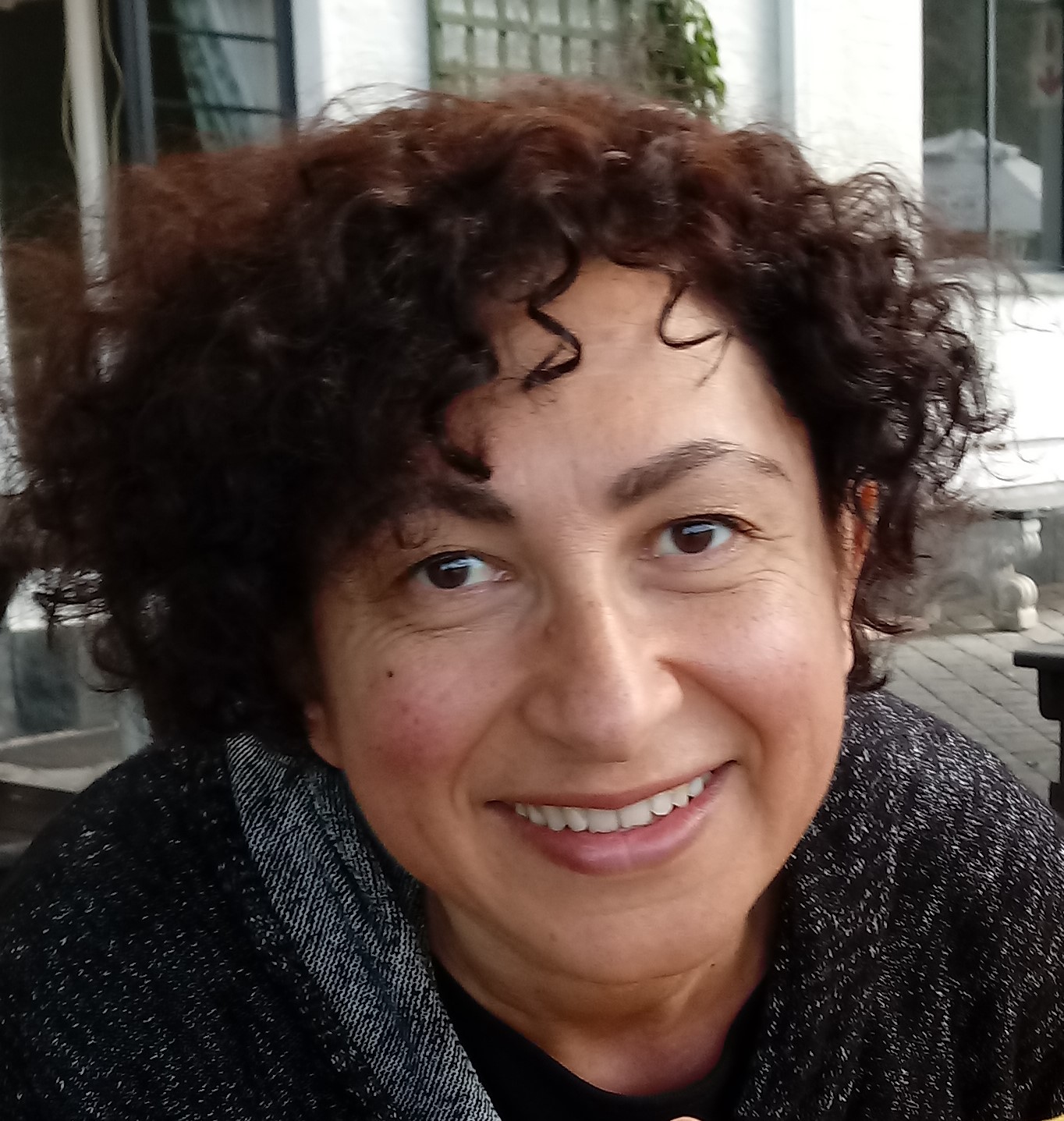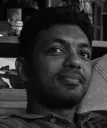 Özlem TASTAN BISHOP, Director of Research Unit in Bioinformatics (RUBi) and
Professor in the Department of Biochemistry and Microbiology, Rhodes
University, South Africa
Özlem TASTAN BISHOP, Director of Research Unit in Bioinformatics (RUBi) and
Professor in the Department of Biochemistry and Microbiology, Rhodes
University, South Africa
Özlem received her BSc degree in Physics from Boğaziçi University, Istanbul, Turkey. Then she
moved to the Department of Molecular Biology and Genetics at the same University for her MSc
degree, entitled “The molecular basis of alpha-thalassemia in Turkey: Establishment and
application of PCR-based methods”. She obtained her PhD from Max-Planck Institute for
Molecular Genetics and Free University, Berlin, Germany in 2003. The title of her PhD thesis is
“How lazy are the tRNAs on the ribosome? New insights for the α-ε model”. While doing her
PhD, Özlem became interested in structural biology, and during her postdoctoral positions
(Texas University, USA; University of Western Cape and University of Pretoria, South Africa)
she gained experience in structural bioinformatics as well as structural biology. During her
education Özlem received numerous fellowships and awards, including Turkish Government
Education Scholarship (Turkey), British Council Research Scholarship (UK), Monbusho
Research Student Scholarship (Japan), Deutsche Forschungsgemeinschaft (DFG) PhD fellowship
(Germany), NRF Free-Standing Postdoctoral Fellowship (South Africa) and Claude Leon
Foundation Postdoctoral Fellowship (South Africa).
In October 2009, Özlem took up a senior lecturer position at Rhodes University, South
Africa. She initiated a one-year MSc programme in bioinformatics by coursework and research
thesis in 2011, which was the first such programme in Africa, and established Research Unit in
Bioinformatics (RUBi) in 2013. Since joining Rhodes University, Özlem has graduated 10 PhD
students, of whom she was main supervisor to 8, and 30 MSc students. Currently, Özlem is
supervising 16 PhD, 2 MSc and 1 Honours students, as well as mentoring one junior academic
staff member and two postdoctoral fellows. She has over 50 peer-reviewed articles in
internationally accredited journals including, Science, Briefing in Bioinformatics,
Bioinformatics, Human Mutation, Scientific Reports, Biophysical Journal, and Journal of
Chemical Information and Modeling.
Özlem’s broad research interest is structural bioinformatics and bioinformatics education.
She is a member of international education bodies including ISBC Education committee and
Global Organisation for Bioinformatics Learning, Education & Training (GOBLET). Özlem is
also honorary member of Golden Key. Özlem was co-founder and the first president of the South
African Society for Bioinformatics (SASBi) (September 2012 – October 2014), and mentor to
SASBi Student Society (October 2014 – September 2016).
The core members are those who teach on the programme and supervise postgraduate students.
 Prof Lobb spent two years as NMR specialist before being appointed as a Lecturer in the department.
He teaches NMR and computational chemistry at both the undergraduate and postgraduate levels.
As a core member of RUBi he also teaches computational chemistry within the context of the coursework bioinformatics MSc programme.
He has supervised and co-supervised 30 MSc and PhD students and has published some 42 papers.
His interests include reaction kinetics and the determination of organic reaction mechanisms (with particular emphasis on carbocations and carbocation rearrangements),
and aspects of cheminformatics such as virtual chemical library generation and high throughput virtual screening in the context of drug discovery.
Prof Lobb spent two years as NMR specialist before being appointed as a Lecturer in the department.
He teaches NMR and computational chemistry at both the undergraduate and postgraduate levels.
As a core member of RUBi he also teaches computational chemistry within the context of the coursework bioinformatics MSc programme.
He has supervised and co-supervised 30 MSc and PhD students and has published some 42 papers.
His interests include reaction kinetics and the determination of organic reaction mechanisms (with particular emphasis on carbocations and carbocation rearrangements),
and aspects of cheminformatics such as virtual chemical library generation and high throughput virtual screening in the context of drug discovery.

Dr Olivier Sheik Amamuddy is a lecturer at the RUBi research group where he teaches several modules from the one-year Bioinformatics MSc programme, namely Linux, Python programming and Structural Bioinformatics.
He obtained his BSc (Hons) degree in Agricultural Biotechnology at the University of Mauritius and worked there as a laboratory technician before pursuing his MSc and PhD degress in Bioinformatics at the Research Unit in Bioinformatics at Rhodes University. During his postgraduate studies, he also worked part-time as a software developer and a senior supports specialist. During his Postdoctoral research he reported on the dynamics of SARS-CoV-2 mutants at the early stages of the pandemic, and co-autored several papers encompassing the fields of molecular dynamics, molecular docking and tool development.
His areas of interest comprise software development, the application of Structural Bioinformatics methods and tools, and the training of machine learning models, which are all aimed at the early stages of drug discovery. He currently has published 18 academic papers.